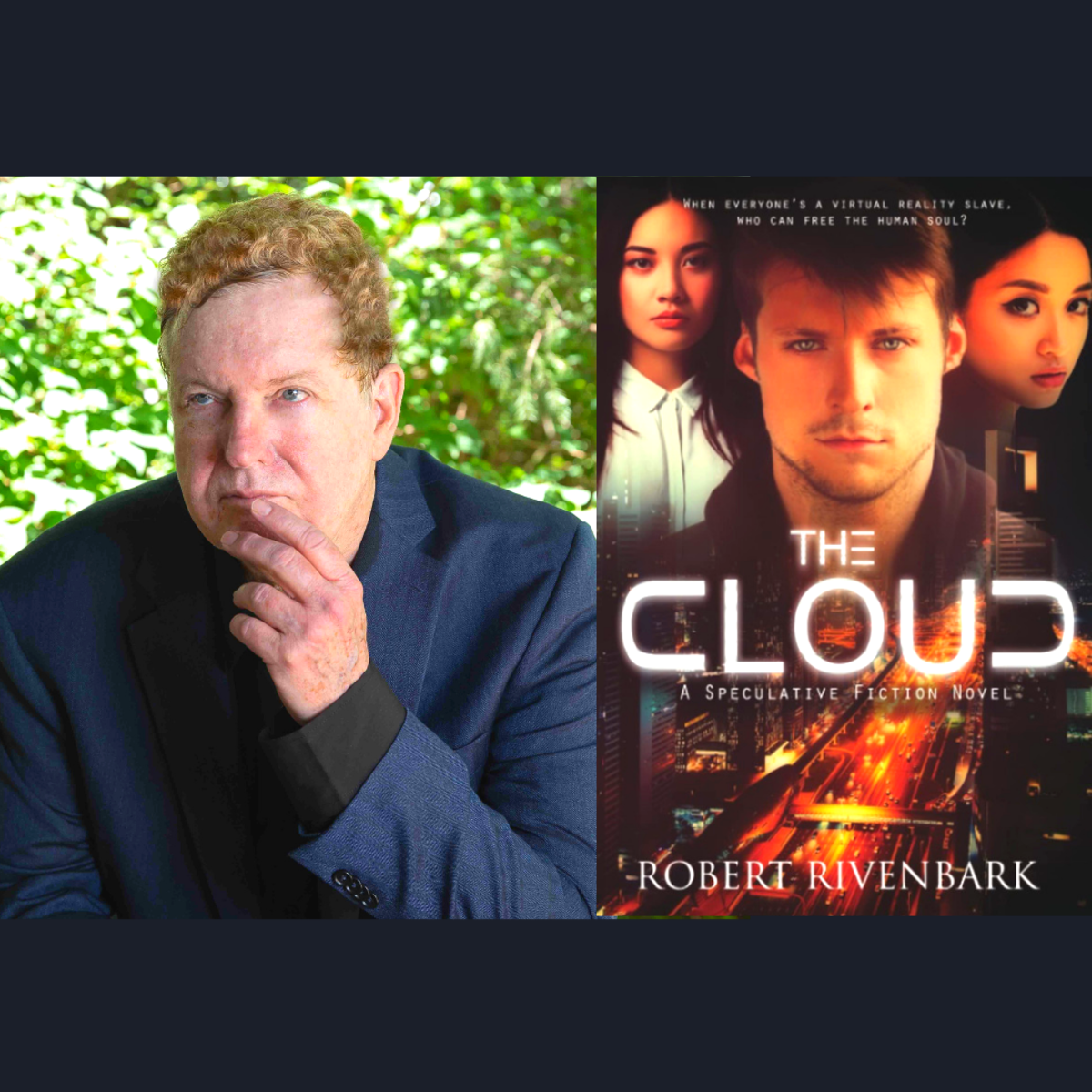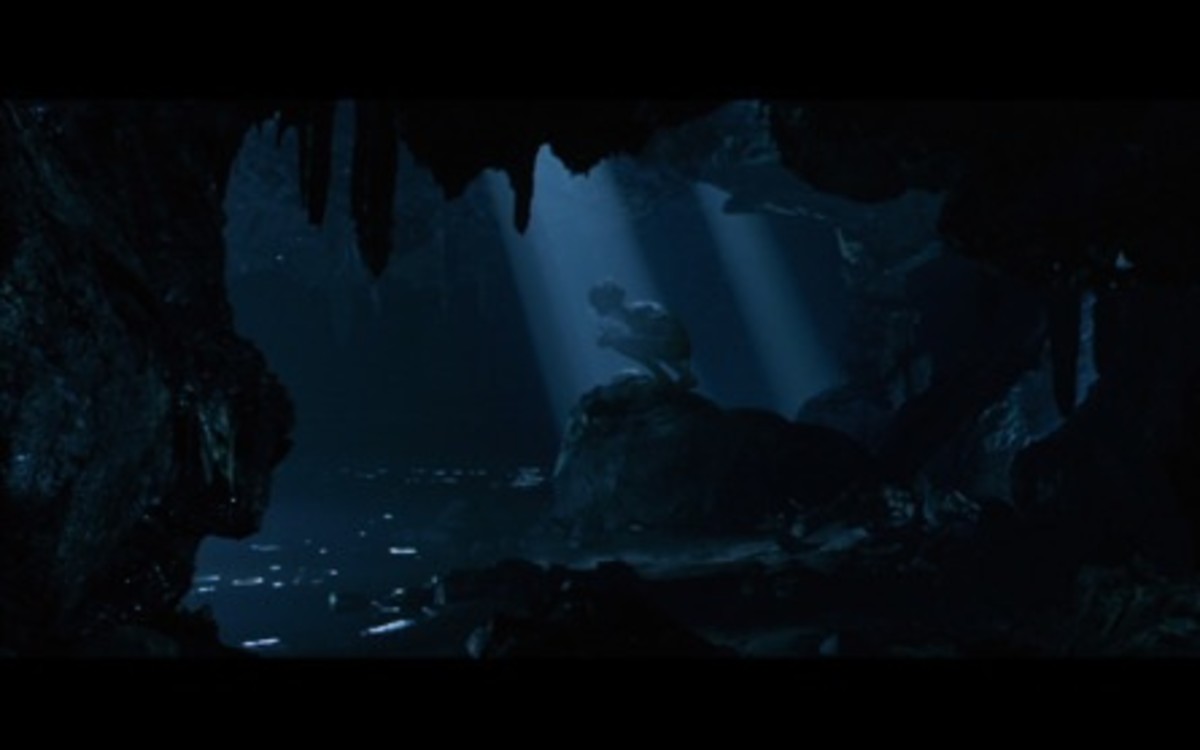Review of "Omnivore's Dilemma"
A Little Introduction
As one who has always been preoccupied with the foods I ate, I was surprisingly captivated by the very concept presented in Michael Pollan’s book “The Omnivore’s Dilemma ” where he seems to make the assertion that America is fixated on the question “What should we have for dinner?” (Pollan, 2011, p. 1). Given the idea that America has become a nation of people wisped to and fro by the media, the government, and society in general, Pollan attempts to understand this phenomenon by exploring the very origins of where food comes from and how humans relate to the food chain process.
In order to review a book of such an abstract topic I will approach it from the perspective of what most readers might expect from a book of this nature. Instead of reviewing the entire book, I am concentrating on the third section which includes chapters 15-20 where Pollan talks about hunting, gathering, and foraging for food as part of the food chain process.
If a non-fiction book is to be effective it must first, capture the reader’s attention, and maintain it throughout the entire book. Quite obviously, if it’s not interesting, you probably won’t read it. Additionally, the book must flow consistently in the direction that leads the reader to the author’s conclusion without straying from the topic at hand. Finally, in my own opinion, the book has got to be easy to read in a normal everyday language without using excessively extravagant words that sends the reader off to their dictionary every now and then. I want the answer, and I want it now!
The Strengths Of The Book
As I read part three of this book, I found it to be quite interesting. It was not difficult to capture my attention as I am naturally interested in the process of hunting, gathering, and foraging for food in the wilderness. I couldn’t help being captivated by the vivid description Pollan paints when he says “My eyes venture deep into thickets my body could never penetrate, picking their way among the tangled branches, sliding over rocks and around stumps to bring back the slenderest hint of movement” (Pollan, 2011, p. 334).
His organization and flow of content is for the most part easy to follow along with. The book is divided into three sections, each presenting logical steps of progression from getting the food to consuming it as he discovers a new relationship he described as the “Sun-soil-oak-pig-human” (Pollan, 2011, p. 363) food chain.
Where It Falls Short
Although I found “The Omnivore’s Dilemma ” to be interesting and somewhat organized, I would be amiss to say that it was entirely a pleasurable read. I found the text at times to jump around in chronological periods. For example, in chapter nineteen Pollan is talking about gathering mushrooms with his friend Angelo at a time before he went hunting with him in chapter eighteen (“At the time I barely knew Angelo (we had yet to go pig hunting),…”) (Pollan, 2011, p. 366).
Even more disturbing to me was the excessive use of extravagant words I had to look up in the dictionary and encyclopedia to understand. Such as the phrase “Most of us have a pretty good idea which of these jobs we’d try for if somehow a time machine were to plunk us down in the Pleistocene or Neolithic.” (Pollan, 2011, p. 365). Unless you know what Pleistocene and Neolithic mean, you are left with your head spinning like a pinwheel in the breeze. This makes it difficult to maintain flow and hold your interest while you’re left trying to figure out what he’s talking about.
Let's Sum It Up
Overall, I generally found this book to be tolerable at best. Unless you are a highly astute college educated speed reader with a superior vocabulary, you might want to find another book to read. I found it too “wordy” and quite lengthy for what I believe most common people would prefer to spend their precious time reading.
Reference:
Pollan, M. (2011). Omnivore's Dilemma: A Natural History of Four Meals, 1/e for DeVry University. Pearson Learning Solutions. Retrieved from http://online.vitalsource.com/books/9781256120735/outline/4








